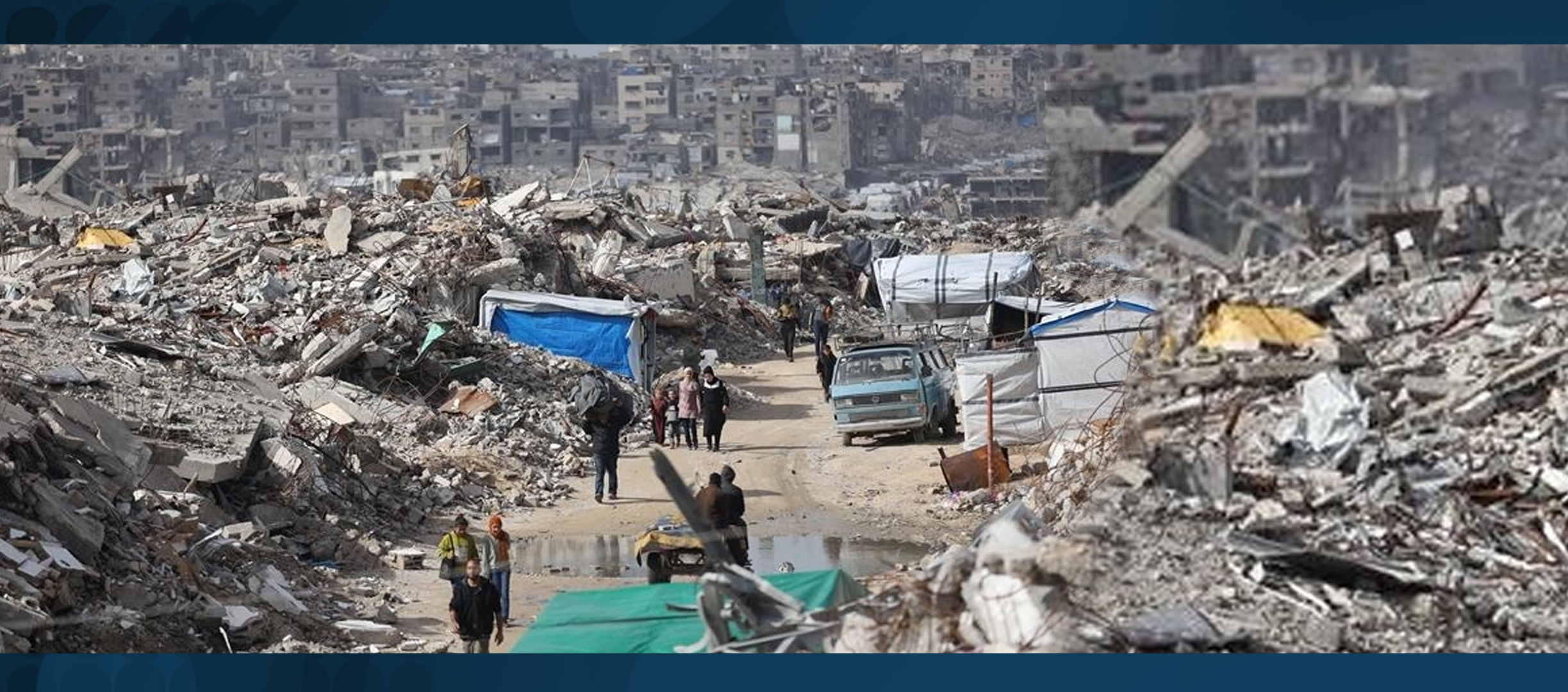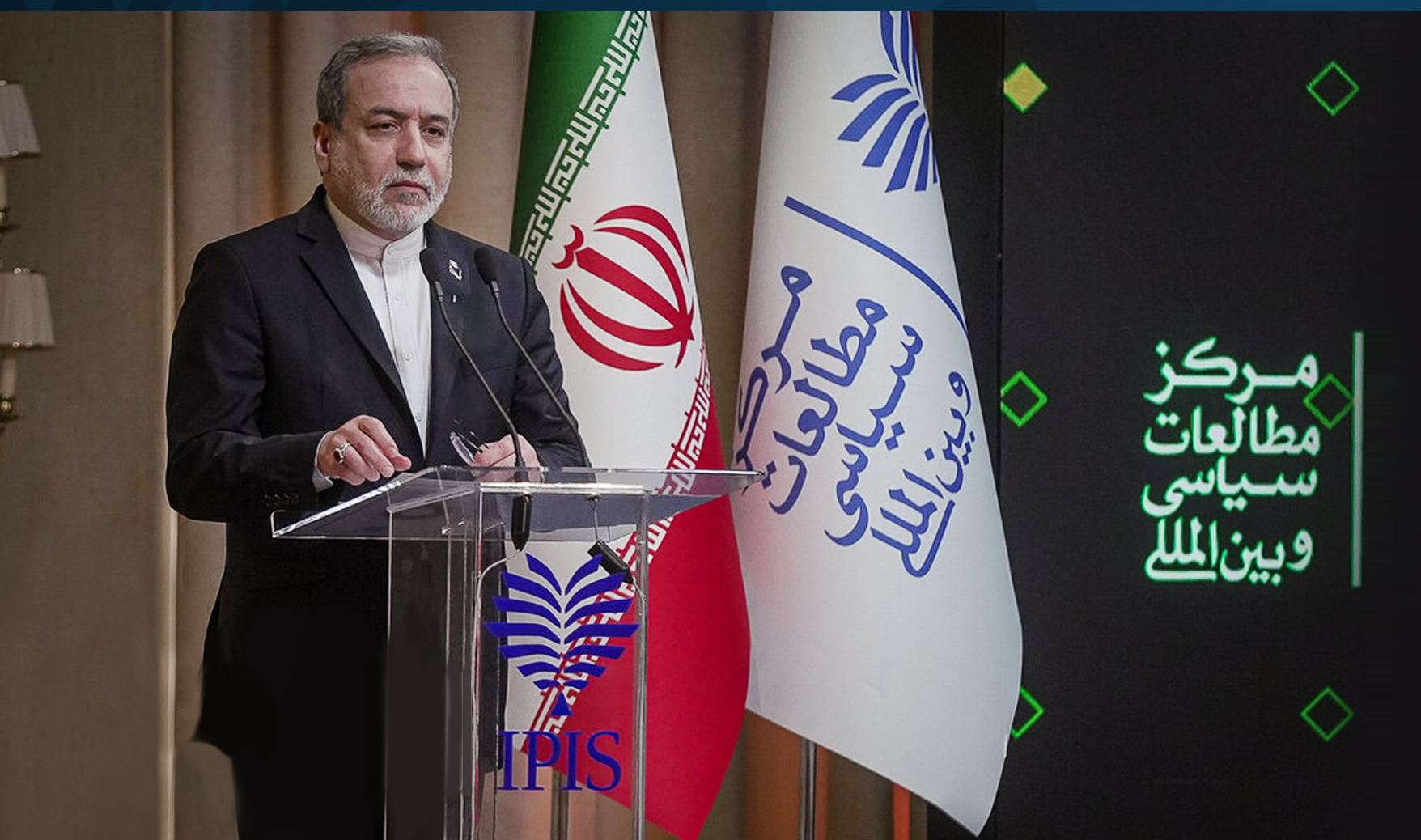Muslims celebrate Eid al-Fitr amid social distancing
Yusef Jalali
Press TV, Tehran
Muslims bid farewell to the fasting month of Ramadan and ring in one of the major festivities in Islam; Eid al-Fitr, or the festival of breaking the fast.
The religious occasion is held every year with mass congregational prayers, but it is the second year in a row that instead of standing shoulder to shoulder, worshipers keep a safe distance from each other in the wake of the coronavirus pandemic.
Every year on Eid al-Fitr, families reunite and celebrate the festivity together.
However, this year, the government has banned travels and public gatherings to contain the resurging virus.
Eid al-Fitr is a culmination of one month of abstinence from eating and drinking, that's why Muslims consider it a reward for their month-long self-discipline and control over their diet.
Eid al-Fitr falls on the first day of the lunar month of Shawwal.
According to the Islamic lunar calendar, months begin and end depending on the movement of the moon in its orbit around the Earth, and the start of each month depends on the sighting of the new moon the day before.
Along with Iran, other Muslim nations, such as Saudi Arabia, Oman and Iraq celebrated the festivity on the same day.
It's the second year in a row that the coronavirus pandemic overshadows Eid al-Fitr celebrations and cancels family gatherings.
However, these people say the darkest hour is just before the dawn, and distances today will herald happier reunions tomorrow.
VIDEO | Exclusive: Armed Forces spokesman says Iran will never give in to US pressure amid talks
Iran‑US talks ‘good opportunity’ to resolve nuclear issue: President Pezeshkian
Iran seeks result-oriented talks, progress depends on US seriousness: Araghchi
VIDEO | Efforts to stabilize Gaza Strip hitting diplomatic wall
Decades of broken promises, aggression, Israeli pressure leave Iran no reason to trust US: Analyst
Iran to unveil its first indigenous radar imaging satellite soon
North Korea's Kim says military will ‘widen fighting front’ in 2026
VIDEO | Propaganda channels promote fake death toll as Iran releases official victims' list of terror attack









 This makes it easy to access the Press TV website
This makes it easy to access the Press TV website